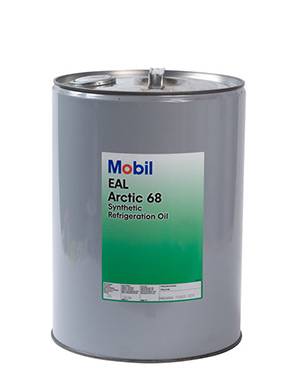dec . 01, 2024 07:39 Back to list
High-Density Polyethylene Board Applications and Benefits in Various Industries
Understanding HDPE Boards Properties, Applications, and Benefits
High-Density Polyethylene (HDPE) boards have become increasingly popular in various industries due to their remarkable properties and versatility. Made from petroleum, HDPE is a thermoplastic polymer known for its high strength-to-density ratio, which makes it ideal for many applications. In this article, we will explore the characteristics of HDPE boards, their diverse applications, and the benefits they offer.
Properties of HDPE Boards
HDPE boards are characterized by several key properties that enhance their usability
1. Durability HDPE is resistant to impact, abrasion, and environmental stressors. This makes HDPE boards ideal for high-traffic areas and applications where durability is essential.
2. Chemical Resistance One of the standout features of HDPE is its resistance to many chemicals, including acids and bases. This property makes HDPE boards a preferred choice in industrial applications where chemical exposure is prevalent.
3. Water Resistance HDPE boards are non-porous, meaning they do not absorb water. This quality makes them suitable for outdoor applications, as they can withstand rain, humidity, and temperature fluctuations without damage.
4. Low Maintenance Unlike wood and other traditional materials, HDPE boards do not require regular painting, sealing, or refinishing. A simple cleaning with soap and water is often sufficient to maintain their appearance.
5. Lightweight HDPE boards are relatively lightweight compared to alternative materials like wood or metal, making them easier to handle and transport.
6. Recyclability Being a thermoplastic, HDPE is 100% recyclable. This eco-friendly aspect has garnered attention in an era increasingly focused on sustainability.
Applications of HDPE Boards
Given their unique properties, HDPE boards are used in a wide range of applications, including
hdpe board

1. Construction HDPE boards are commonly used in construction for building materials such as wall panels, flooring, and roofing. Their durability and resistance to moisture make them ideal for both interior and exterior use.
2. Marine Applications The water-resistant nature of HDPE boards makes them perfect for marine construction and dock building. They can endure harsh environmental conditions without deteriorating, which is vital in marine settings.
3. Agriculture In the agricultural sector, HDPE boards are utilized for creating animal housing, storage tanks, and various farm infrastructure due to their resistance to chemicals and moisture.
4. Food Industry HDPE boards are approved for food contact by various food safety organizations, making them suitable for cutting boards, tables, and other food preparation surfaces. Their resistance to bacteria and easy cleaning are significant advantages in this sector.
5. Signage and Displays The smooth and printable surface of HDPE boards makes them popular for signage and display applications. They can be easily cut and customized for commercial or informative purposes.
Benefits of HDPE Boards
The benefits of choosing HDPE boards are numerous
- Cost-effectiveness Their durability and low maintenance requirements translate into cost savings in the long run. While the initial investment may be higher than some traditional materials, the extended lifespan and reduced upkeep costs often make HDPE boards the more economical choice.
- Versatility HDPE boards come in various sizes, colors, and thicknesses, allowing for flexibility in design and application. This adaptability makes them suitable for projects ranging from home renovations to large-scale industrial installations.
- Safety HDPE boards do not splinter, warp, or corrode like other materials, ensuring a safer environment, especially in public spaces.
In summary, HDPE boards are a remarkable material that offers a multitude of advantages across various sectors. Their durability, versatility, and eco-friendly nature position them as a top choice for both commercial and residential applications. Whether used in construction, agriculture, or the food industry, HDPE boards continue to prove their worth in meeting the demands of modern usage while promoting sustainability and efficiency. As industries evolve and seek innovative materials, HDPE boards are set to play a pivotal role in shaping the future of construction and manufacturing.
-
PVC Transparent Sheet Roll - Durable & Flexible PVC Plastic Sheet Roll for Industrial & Home Use
NewsJun.24,2025
-
High-Quality PVC PPR Pipes and Fittings Durable ERA PPR Solutions
NewsJun.10,2025
-
High-Quality Large HDPE Sheets & Large Diameter PVC Pipe Durable Large PVC Pipe Supplier
NewsJun.10,2025
-
High Density Polyethylene Cutting Board - Durable & Food Safe
NewsJun.09,2025
-
3 Inch PVC Pipe for Durable Irrigation Affordable & Reliable
NewsJun.09,2025
-
Premium PPR Plastic Water Pipe Fittings - Durable & Leak-Free
NewsJun.09,2025

